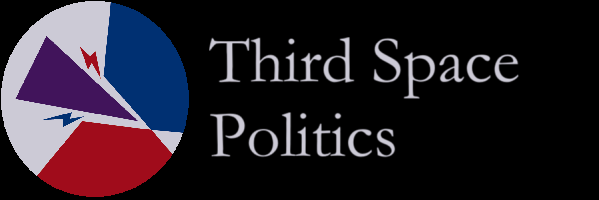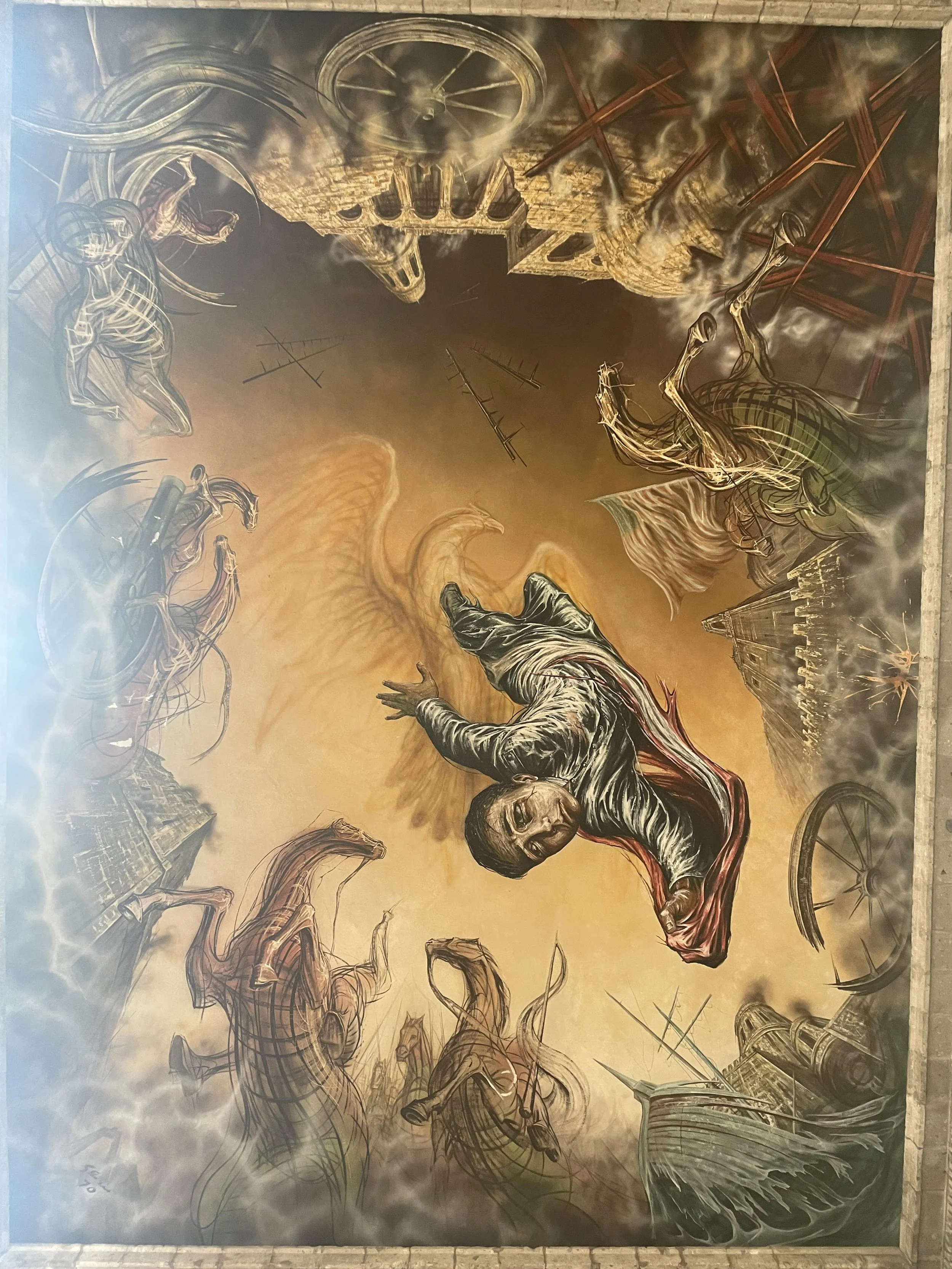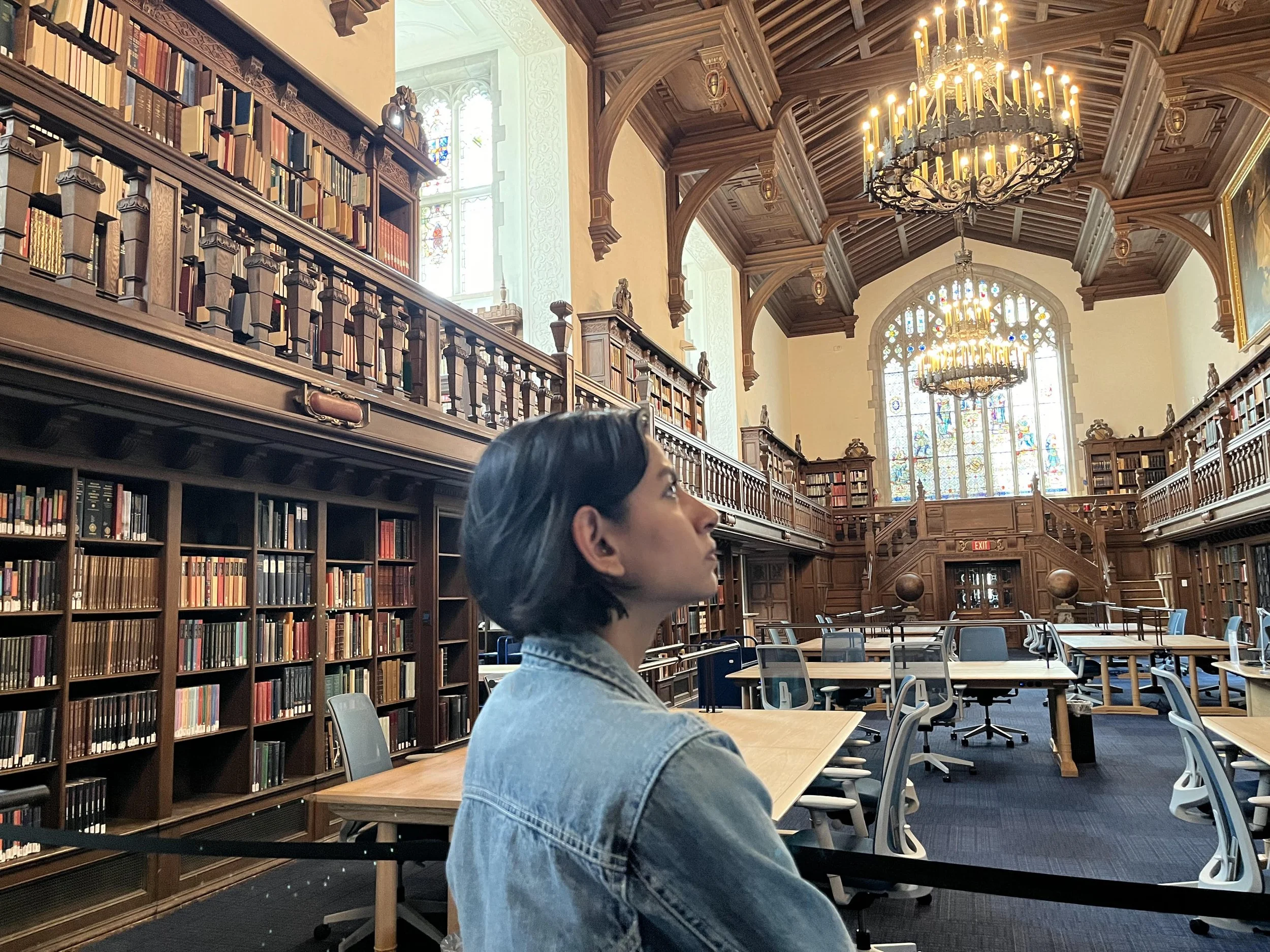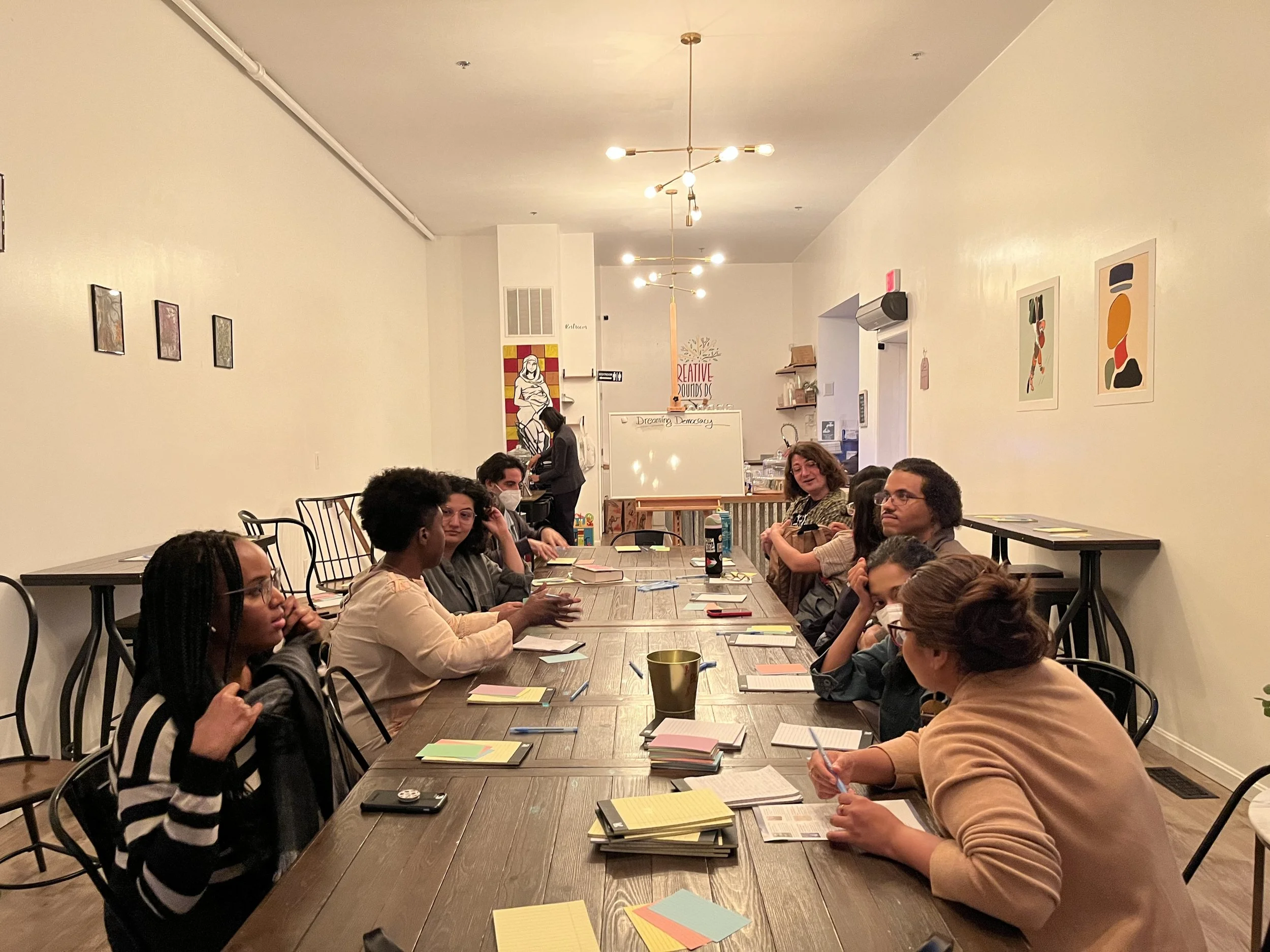Third Space Politics is a grassroots organization based in Washington, DC that aims to build multi-party democracy in the United States.
Polls show most of the U.S. agrees that “[Republicans and Democrats do such a bad job that a third party is needed.” On some issues, like our massive military budget, unconditional aid to Israel, and reliance on billionaires for campaign financing, the two parties converge to a frightening degree.
Nevertheless, a viable third-party is nowhere in sight.
Our electoral system is only part of the problem. We also have undemocratic laws that prevent third parties from getting on the ballot. Both the Democrats and Republicans sue their weak third-party rivals to stop them from competing, rather than trying to win in a fair competition.
Our political parties are also very weak—meaning, they are not accountable to any party membership, and they have no meaningful platform. For instance, many perceive the Democrats as the party of reproductive rights, but they do nothing to thwart anti-choice Democratic officials. And ordinary Democratic voters cannot change that.
We cannot change the Democrats or Republicans from within. And we face insurmountable obstacles trying to build alternatives.
We need structural change.

Policy Demands
Equal Ballot Access
One simple and easy path to ballot access. No more automatic access for major parties! No more ballot obstacles for smaller parties!
Freedom of Association
Get rid of open primaries wherever they exist. Let parties include or exclude whomever they wish. Support internal democracy for parties, especially party membership control over the party platform.
Better Electoral Systems
Support multi-member districts, parliamentary systems, and electoral methods like weighted and preferential voting, to expand democratic power.

Our Work
Education.
We host reading groups and discussions about the value of real political parties and the need for structural change.
Policy advocacy.
We oppose any and all laws that discriminate against ballot access for third parties. We also support alternate voting systems and fusion voting, and aim to change these policies through referenda and legislation.
Outreach.
We connect with voters, nonprofit organizations, labor unions, and civic groups. See if your organization will pledge to support equal ballot access for all parties!
Why We Need Parties
Political parties, with all their well-known human and structural shortcomings, are the only devices thus far invented by the wit of Western man which with some effectiveness can generate countervailing collective power on behalf of the many individually powerless against the relatively few who are individually—or organizationally—powerful.
Walter Burnham
Why should it be “rational” to cast a major-party vote for a candidate who has no intention of representing you, whereas to cast a third-party vote for a candidate who has no chance in winning is deemed “wasted”? This is the Tyranny of the two-party system, a tyranny of systematically managed perception.
Lisa Disch
“The spirit of party” is “the vigilant watchman over the conduct of those in power.
The Albany Argus
The political parties created democracy and modern democracy is unthinkable save in terms of the parties.
E.E. Schattschneider
Party for your right to fight.
Public Enemy
Just as it would be ludicrous to have stores that provided only two styles of shoes or two kinds of vegetables, it is no less absurd to have a party system that provides only two choices to represent the great variety of opinions in the United States.
Douglas Amy
. . . third-party failure is not endemic to winner-take-all voting. On the contrary, it is an effect of institutional obstacles and ideological fiction that have rebuffed third-party challenges for most of the twentieth century. This is the politics of the two-party system, an arrangement that may rather limit democracy than foster it.
Lisa Disch
One of the best-kept secrets in American politics is that the two-party system has long been brain dead -- kept alive by support systems like state electoral laws that protect the established parties from rivals and by Federal subsidies and so-called campaign reform. The two-party system would collapse in an instant if the tubes were pulled and the IV's were cut.
[. . . ] to go with a party which the voter thinks is fundamentally wrong or is headed entirely in the wrong direction, merely because the other party is worse, is not calculated to make for wholesome politics or for the ultimate benefit of the country.
James Albert Woodburn
In a genuinely democratic party, the organization’s membership, program, and leadership are bound together tightly by a powerful, mutually reinforcing connection. The party’s members are its sovereign power; they come together through a sense of shared interest or principle. Through deliberation, the members establish a program to advance those interests. The party educates the public around the program, and it serves, in effect, as the lodestar by which the party is guided. Finally, the members choose a party leadership — including electoral candidates — who are accountable to the membership and bound by the program.
It might seem obvious that those are the characteristics of a truly democratic party. Yet the Democratic Party has none of them.



